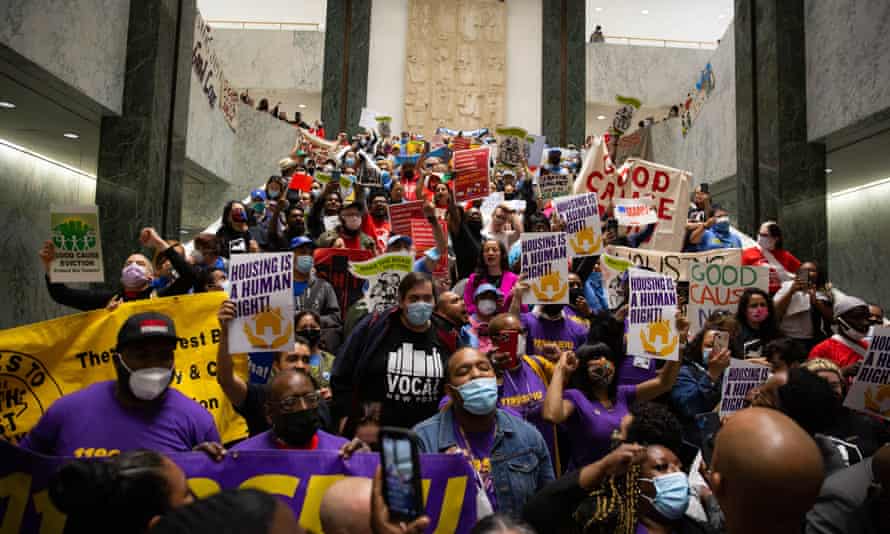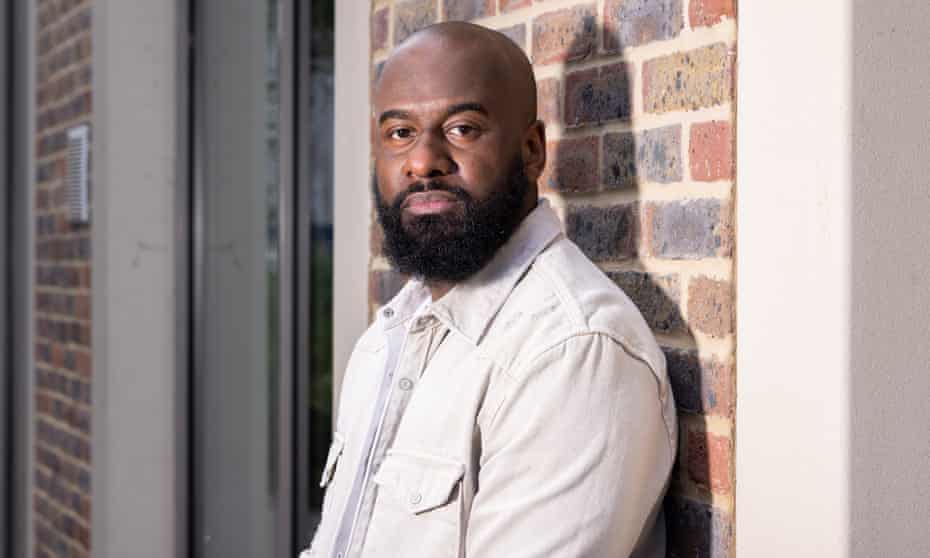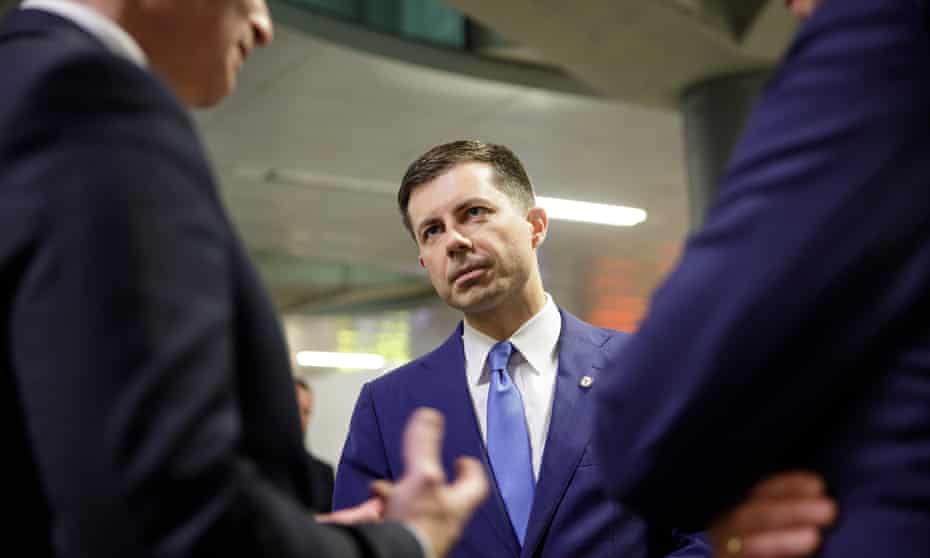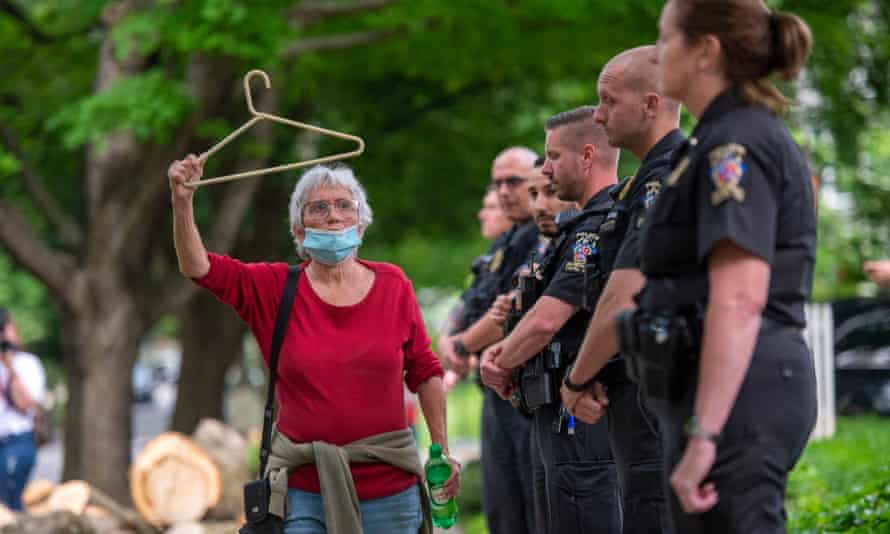Ontario NDP, Liberals would bring in law to fight Islamophobia, other hate if elected
May 21, 2022 - 10:55 AM News Code : 1259283 Source : Toronto StarLink:
Ontario’s New Democrats and Liberals committed Wednesday to bringing in a law to fight Islamophobia and other forms of hate if elected to form government next month.
AhlulBayt News Agency (ABNA): Ontario’s New Democrats and Liberals committed Wednesday to bringing in a law to fight Islamophobia and other forms of hate if elected to form government next month.
Speaking to reporters in Kingston, Ont., NDP Leader Andrea Horwath said addressing racism and hate is a priority for people who have experienced hateful attacks based on their race, faith or any other part of their identities.
She said she is proud of her party’s work with the National Council of Canadian Muslims in bringing forward legislation earlier this year to help address Islamophobia in Ontario (Canadian province). That bill, tabled in February, did not pass before the election campaign began.
“There’s just too much hate out there,” Horwath said. “We have an obligation and a responsibility, leaders do, to take that on and to listen when (a)community says we don’t want to just hear the words. We want you to take action.”
Horwath said it was “extremely disappointing” that the governing Progressive Conservatives did not support the bill.
“It was disrespectful,” she said, promising that her party would re-introduce the legislation.
Ontario Liberal Leader Steven Del Duca said his party would also pass the anti-Islamophobia legislation if elected on June 2.
“I said from the very beginning that we would move forward with legislation. I’ve already committed to moving as quickly as I can to pass the Our London Family Act,” he said at an unrelated announcement in Toronto on Wednesday.
Photo: Credited Toronto Star














